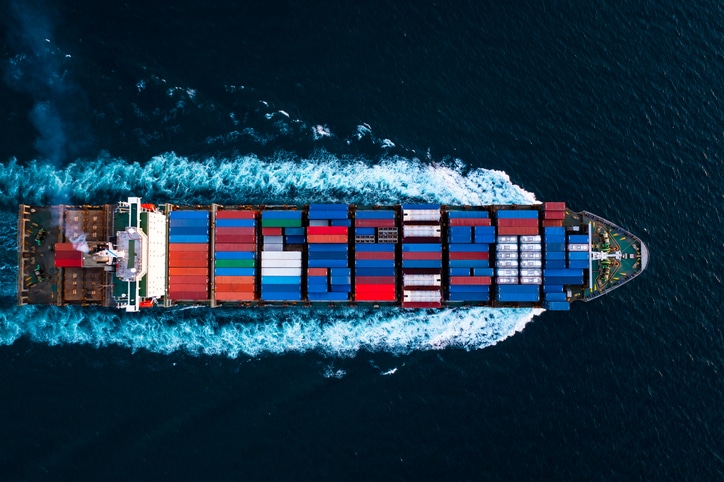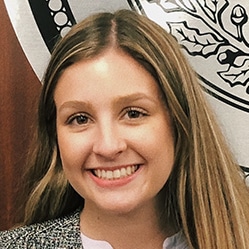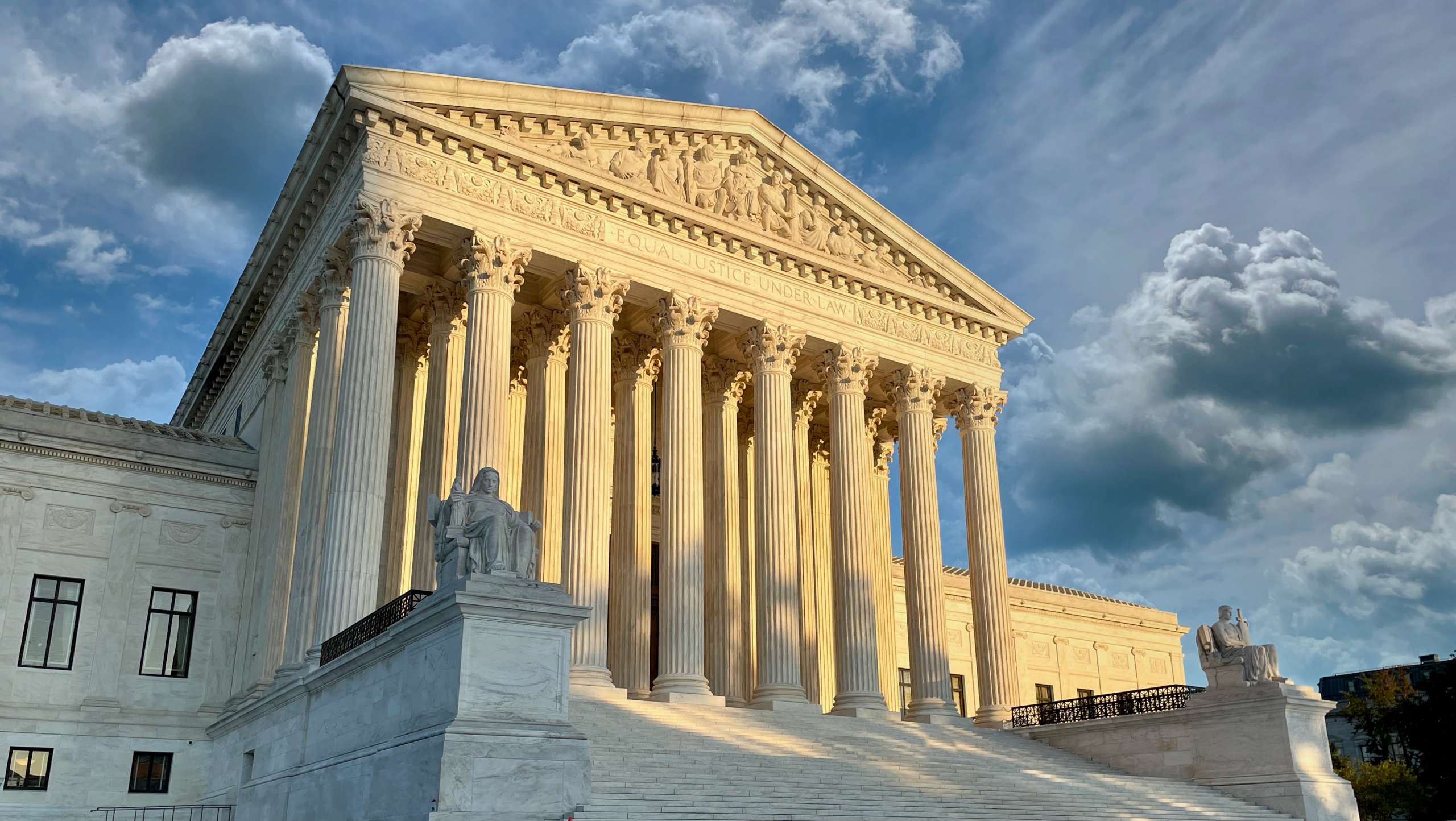Leading Attorney Talks Maritime Whistleblowing on Lloyd’s List Podcast

Lloyd’s List Podcast: Magic Pipes and Whistleblowers
On November 4, leading whistleblower expert Stephen M. Kohn joined Lloyd’s List Podcast host Tomer Raanan and guest George Chalos to discuss the risks and rewards of blowing the whistle on the high seas.
Llyod’s List is one of the world’s oldest journals, reporting on shipping news and intelligence since 1734. Titled “Magic pipes and whistleblowers,” this episode was hosted by Raanan, Lloyd’s List’s Senior Maritime Reporter based out of New York.
Kohn, a founding partner of Kohn, Kohn, & Colapinto, has handled numerous environmental cases during his almost 40 years of practice. These include cases under the Act to Prevent Pollution from Ships (APPS), which was passed in 1980 to extend the provisions of MARPOL to the United States.
“The way the United States gets transnational jurisdiction over ocean pollution that occurs outside of U.S. waters, which usually occurs by ships not owned or flagged in the United States, is through a log,” Kohn explained.
The discharge log, also formally known as the Oil Record Book, is the piece of paper that requires the ship’s captain or executive crew to record every discharge done while aboard. If a discharge is not properly recorded, fines of over $500,000 may be imposed, along with charges of obstruction of justice.
“We get the jurisdiction by the inaccurate log, and it becomes the whistleblower — the person on the ship who has direct evidence that the log is inaccurate – who becomes the central player in the prosecutions,” Kohn said.
The APPS incentivizes the reporting of pollution on the high seas by allowing whistleblowers around the world to obtain rewards of up to 50% of the sanctions obtained in the successful prosecution of an ocean pollution case.
“The vast majority of [the U.S. Coast Guard’s] cases come from whistleblowers,” Kohn said. “How else would they ever know? The crimes are occurring on the high seas before [ships] land in the U.S. port.”
Kohn was unafraid to share the risks these whistleblowers face, emphasizing the importance of confidentiality among other protections.
“Often, the captain and the top management are those responsible for the crimes, and you have very little rights when you are sitting there on the high seas,” Kohn said. “Your ship may not come to a U.S. port for six, seven, eight months later. You could hit two or three other ports and be fired or thrown out.”
In past APPS cases, indexed on the KKC site, crewmembers who were instructed to do the oil dumping or false record keeping were still able to obtain multi-million dollar rewards thanks to swift reporting. Some of these whistleblowers were equipped with photo and video evidence of the crimes and able to prove their case while holding anonymous status.
“Your vulnerabilities after you witness this type of crime are tremendous, so we would always recommend to remain confidential,” Kohn said.
While anti-pollution efforts through whistleblowing have already proved successful, with more than three-quarters of a billion dollars already collected from polluters via sanctions, Kohn is not stopping there.
“Through the National Whistleblower Center we are attempting to push the United States to take the lead on this,” Kohn said. “And, we filed a formal petition with the European Union for them to take action.”
Kohn is also the author of multiple publications advocating for environmental whistleblowing in maritime cases and beyond, including the 2016 piece for the Environmental Law Institute, “Monetary Rewards for Wildlife Whistleblowers: A Game-Changer in Wildlife Trafficking Detection and Deterrence”.
Latest News & Insights
November 19, 2025





